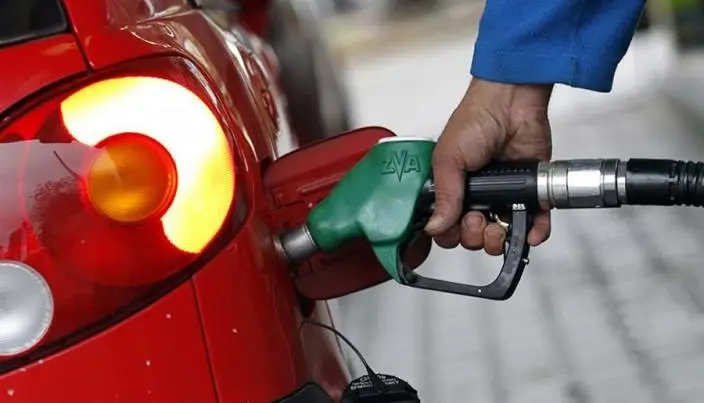In the vast tapestry of Nigeria’s economic landscape, the issue of petrol subsidy has been a subject of fierce debate, political posturing, and significant fiscal strain for decades. As the federal government takes decisive steps to remove this long-standing subsidy, it is imperative to approach the transition with a forward-looking mindset, charting a course that paves the way for a more sustainable and equitable future. While change can be met with resistance, it is also an opportunity for Nigeria to redefine its energy sector, foster innovation, and redirect resources towards crucial sectors that will benefit all citizens. This op-ed explores the interventions necessary for a smooth transition beyond petrol subsidy, ensuring a more prosperous and resilient nation.
As the world rapidly shifts towards a greener future, Nigeria must seize the moment to diversify its energy mix and reduce its dependence on fossil fuels. The removal of petrol subsidy should coincide with increased investments in renewable energy sources such as solar, wind, and hydroelectric power. By incentivising private sector participation through tax breaks and favourable regulations, Nigeria can encourage the development of renewable energy projects that will not only reduce carbon emissions but also provide clean and affordable electricity to its citizens. This transition will require a robust infrastructure, access to finance, and capacity building, but the long-term benefits for both the environment and the economy are immeasurable.
The removal of petrol subsidy will inevitably lead to a rise in fuel prices, impacting the cost of transportation, goods, and services across the country. Recognising the potential burden this may place on vulnerable populations, the government must establish and expand social safety nets to cushion the effects of the subsidy removal. A comprehensive and targeted approach should be taken, ensuring that the most disadvantaged segments of society receive the necessary support. Direct cash transfers, subsidised public transportation, and enhanced healthcare services are just a few measures that can alleviate the immediate impact and contribute to a fairer distribution of resources.
In times of transition, innovation becomes a crucial driving force behind progress. Nigeria possesses a wealth of talented individuals, entrepreneurs, and tech-savvy youths who can spearhead technological advancements in the energy sector. The removal of petrol subsidy should serve as a catalyst for research and development, fostering an ecosystem that encourages the creation of cleaner and more efficient energy solutions. Through targeted investment in research institutions, the government can support the development of homegrown technologies, facilitating Nigeria’s ascent as a regional hub for innovation in renewable energy. By nurturing a culture of entrepreneurship and providing access to capital, Nigeria can unlock its vast potential and create a sustainable and inclusive economy.
The removal of petrol subsidy must coincide with a commitment to improved governance and transparency in the energy sector. Historically, corruption and mismanagement have plagued Nigeria’s oil industry, eroding public trust and exacerbating economic disparities. As subsidies are phased out, it is crucial to institute robust regulatory frameworks, strengthen accountability mechanisms, and promote transparency in the pricing and distribution of petroleum products. By adopting best practices from around the world, Nigeria can build an energy sector that operates on the principles of fairness, efficiency, and equal opportunity. This will not only restore public confidence but also attract much-needed investment from domestic and foreign sources.
A successful transition beyond petrol subsidy requires a skilled workforce capable of driving innovation and adapting to new economic realities. The removal of subsidies presents an opportunity for the government to prioritize education and skills development, equipping the Nigerian youth with the knowledge and capabilities needed to thrive in the emerging sectors of the economy. By allocating resources to vocational training, science, technology, engineering, and mathematics (STEM) education, and entrepreneurship programs, Nigeria can cultivate a workforce that is resilient, adaptable, and competitive on a global scale. Empowering its citizens through education will not only enhance productivity but also foster a sense of ownership and pride in the country’s future.
On a final note, we must all be mindful of the fact that, as Nigeria embarks on the journey to remove petrol subsidy, the challenges ahead may seem daunting. However, it is essential to view this transition as an opportunity for growth and transformation. By investing in renewable energy, strengthening social safety nets, promoting technological innovation, improving governance and transparency, and prioritising education and skills development, Nigeria can navigate this change successfully. The path to a subsidy-free economy may be challenging, but with strong leadership, proactive policymaking, and the collective will of the Nigerian people, a brighter and more sustainable future lies on the horizon. Let us embrace change, for it is through change that progress is made.





